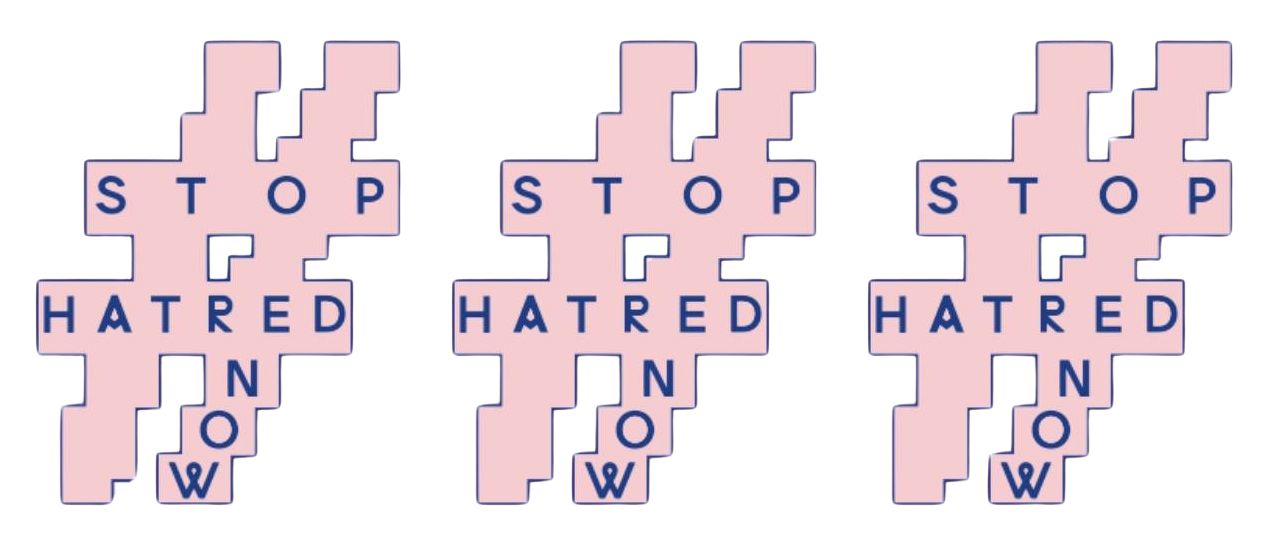What does decolonizing museums look like in action? How does repatriation affect and change the objects? And how to take a deep hard look into the colonialist mechanisms of museums and instead build something that benefits the communities involved?
Shikoh Shiraiwa hosts the first Stop Hatred Now podcast episode titled Decolonizing Museums.
He converses about museums relation to colonization, repatriation and the possible futures of museums with guests Eeva-Kristiina Nylander and Wisam Elfadl.
Wisam Elfadl is a cultural producer, queer activist and a member of the Wasla collective, and the curator of the new exhibition Being Black – Afro Finns' stories in Helsinki City Museum (22.4.-24.9.2023). Eeva-Kristiina Nylander is a researcher working with Sámi heritage and repatriation processes, and she worked on and studied the process of the repatriation of the Sámi heritage collection, housed at the National Museum of Finland for more than a decade, and was part in organising Sámi museum Siida's new exhibition opened in June 2022. Moderated by Shikoh Shiraiwa, doctoral researcher at the University of Helsinki and the University of Antwerp.
Tune in on Spotify!
Stop Hatred Now 2023 podcast is produced by Mira Eskelinen for UrbanApa.
Editing by Mira Eskelinen, sound mixing by Timo Tikka.
Speaker info
-

Shikoh Shiraiwa
HOST
Shikoh Shiraiwa is a joint doctoral researcher at the University of Helsinki and the University of Antwerp (Belgium). He studies the cultural and identity politics of the national museums in Finland and Japan. He explores the coloniality of the modern world and knowledge-producing systems to seek what decolonising those systems means. His research has been funded by the Finnish National Agency for Education (2020), Kalevala Koru Cultural Foundation (2020), Kone Foundation (2021-2023, 2024), and the University of Antwerp fellowship program (2023).
Shiraiwa is from Japan and lived in Oklahoma, USA, for over 17 years before moving to Helsinki, Finland. He obtained a bachelor’s degree in painting and two master’s degrees in education and museum studies, was an artist and art educator for 12 years, as well as a curator, collection manager, educational program developer, and student internship supervisor at the university gallery and archives at the University of Central Oklahoma for six years.
-

Eeva-Kristiina Nylander
GUEST
Eeva-Kristiina Nylander is a researcher working as a proejct manager at The Sámi Museum Siida in Inari. In her doctoral thesis, Nylander set out to explore the possibility of repatriation by involving both Finnish officials and academics, Sámi officials and academics, and the wider Sámi community in the discussion of repatriation, asking what kind of processes have led to the birth of the collections and to their repatriation.
-

Wisam Elfadl
GUEST
Wisam Elfadl is a cultural producer, queer activist and a member of the Wasla collective, also known as Wasla وصلة, an intersectional form of collaboration founded by Wisam and Mire Mroué. The collective’s values and activity is based on anti-racism, intersectional feminism and safer space policies. Wasla is the first collective in Finland to promote the visibility of LGBTQI-inclusive interpretations of Islam and whose activity is planned, implemented and led by queer, trans and non-binary Muslims or people with Muslim backgrounds.
Wasla is currently leading the project Islamia queeristi (Islam in a queer way), funded by Kone Foundation and whose main goal is to increase knowledge of diverse and LGBTQI-inclusive interpretations of Islam in Finland. They do so by art, photography and writing. With its decolonising and queer point of view, the project challenges prevailing notions of Islam as the manifestation of a monolithic, cishetero patriarchy, and shines a light on the queer Islamic voices that have so long been silenced.
Wasla is part of BurãQ, whose goal is to support the welfare of LGBTQI muslims or people of Muslim backgrounds, and to better their station and visibility within Muslim communities in Finland.

